Defence Economics & Industry
About Centre
India spends a significant amount of resources on its national defence. Efficiency in utilisation of resources is not only an economic imperative but vital for defence preparedness. In view of this, the Defence Economics and Industry Centre was created in 2006 to promote research on various economic aspects of India's defence. Since its inception, the Centre has undertaken a number of policy relevant studies besides constantly engaging vital stakeholders (Ministry of Defence, Armed Forces and Industry) on a range of issues. The major focus areas of the Centre are:
- Defence Acquisition
- Organisational and procedural improvement
- Offsets
- Defence Industry
- Self-reliance in Defence Production
- Efficiency of Defence Public Sector Undertakings/Ordnance Factory Board
- Enhancing Private Sector Participation in Defence Production
- Defence Research and Development
- Defence Budget
Members
-
Research Fellow
-
Associate Fellow
-
Research Analyst
Events
Monday Morning Meeting
Report of Monday Morning Meeting on “Sanctions on the Russian Defence Industry”
May 23, 2022
Members
-
Research Fellow
-
Associate Fellow
-
Research Analyst


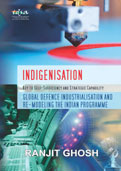

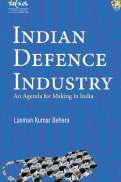



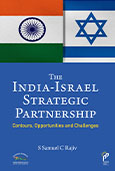


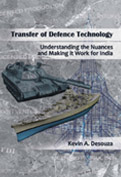


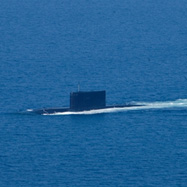
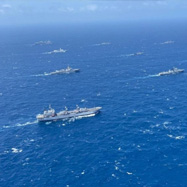
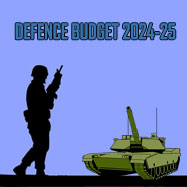

Empowering Indigenous Defence Innovation: The ADITI Scheme and DefConnect 2024
The launch of the ADITI Scheme reflects the government’s commitment to promote innovations in defence technologies by Indian start-ups for the armed forces.